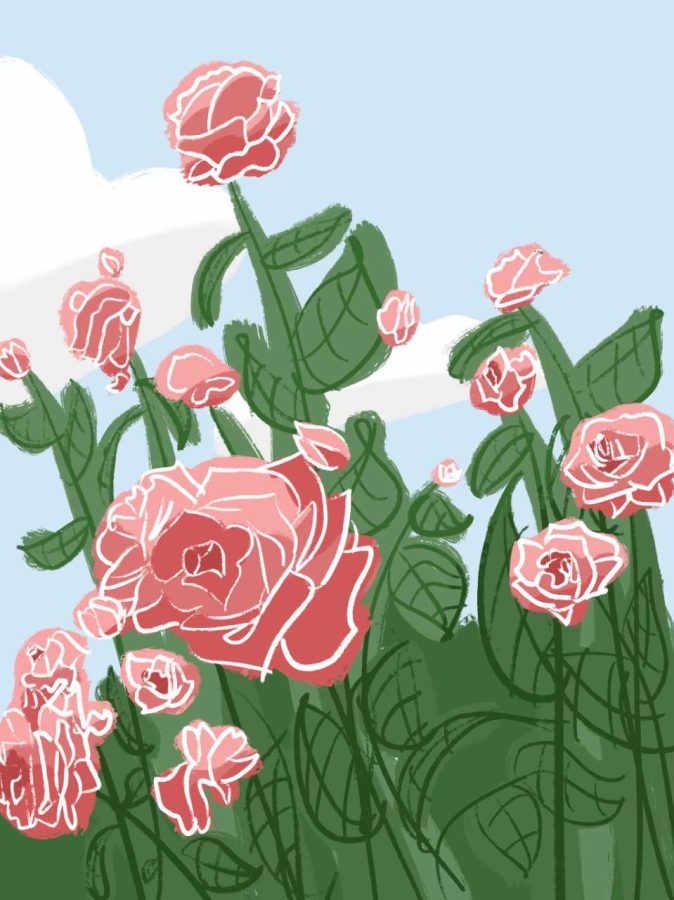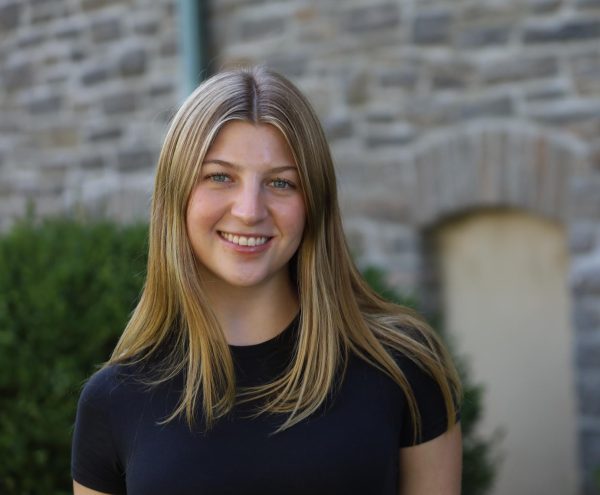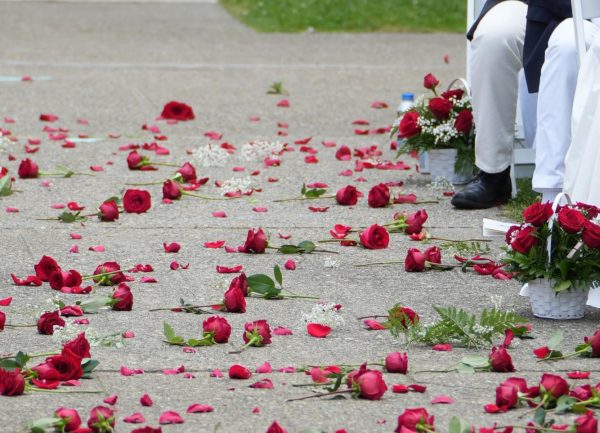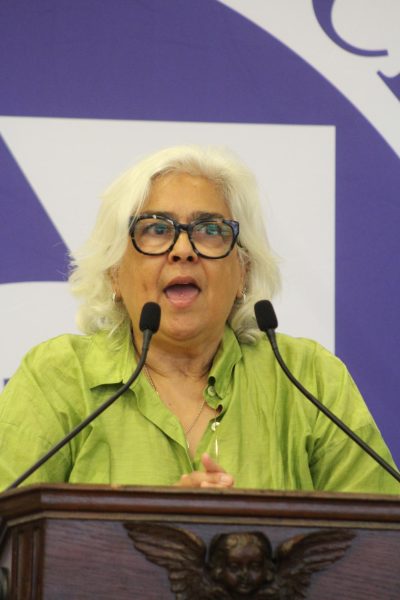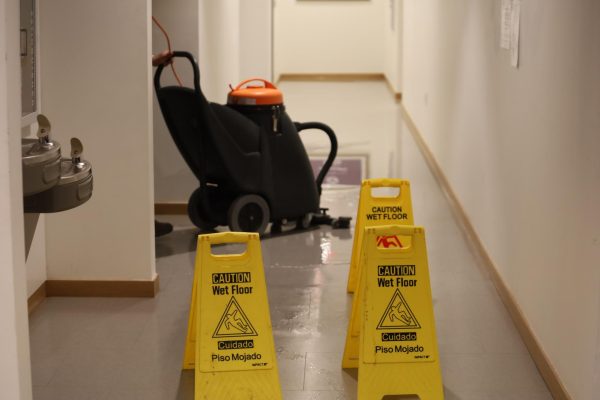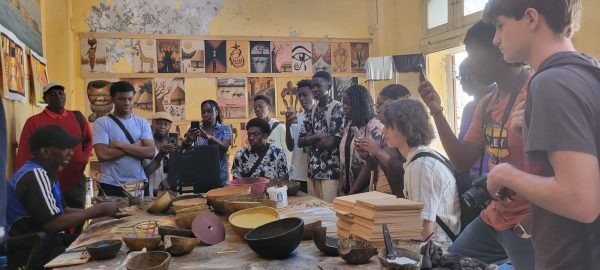MISH carnations face delays and controversy
May 9, 2022
Masters holds many long-term traditions, which, for many years, included Masters Interested in Sharing and Helping (MISH) club selling carnations to be delivered on Valentine’s Day. However, MISH plans to end this tradition after this year. MISH hopes to alter the purpose of this event, as the club has many concerns with the message the carnations have been sending out, as well as negative environmental impacts from growing and transporting flowers.
A few years ago, the fundraiser was moved to later in the spring so it was not connected to Valentine’s Day. In the past, MISH has donated carnation sales profits to a project the School worked on within Jonestown, Mississippi. This year, the carnation donations will go toward Ukraine relief efforts.
This year, however, Kaity Liao, MISH coordinator, explained that this would be the last year of carnation sales. Liao explained the harmful effects of the floral industry. She said, “There are a lot of costs associated with the industry – from fertilizers that need to be produced, pesticides, and massive use of water. Not only that, the whole life cycle gets tossed away and pollutes the soil and waterways. It’s long-term consequences for a short-term gesture.”
Senior Kayla Shelley said, “Just because things happen every year doesn’t mean they’re good and doesn’t mean you should keep them. I think that this year, it’s important to keep carnations and keep that tradition but also refine it to fit more of MISH’s current morals.”
Students have mixed feelings about the carnations. Sophomore Bobby Callagy explained his views on the downsides of the carnations.
Callagy said, “Personally, since I’m secretary of EFFECT, I see that the carnations have bad environmental repercussions, especially in terms of how they’re grown and the problems that exude from that. There are just technical problems with getting out carnations, and having to decide who to delegate the carnations to, as my peers can feel undervalued if they don’t receive as many carnations as others.”
Shelley said, “The biggest thing is finding places to source the flowers and making sure that whatever we’re raising money for, we focus on that and we don’t just focus on people buying flowers to send to their friends. We really want to make sure that people are understanding the whole point of the fundraiser beyond just the gratitude in the school community.”



